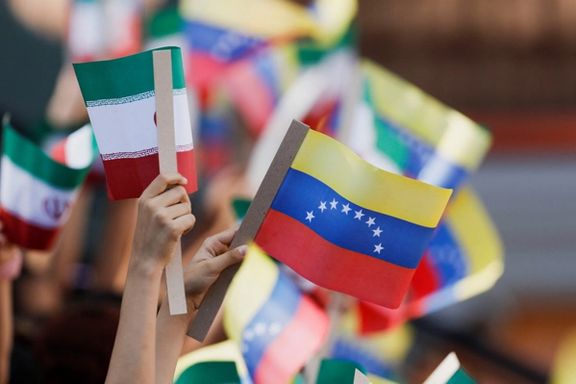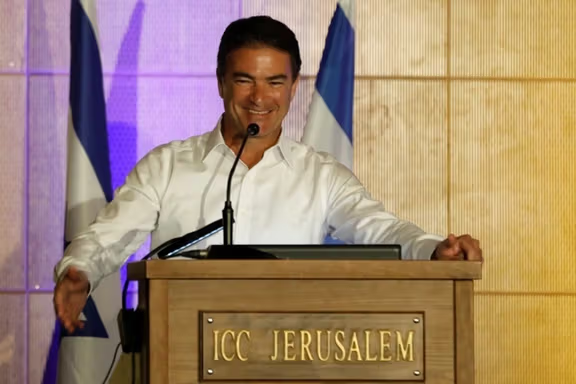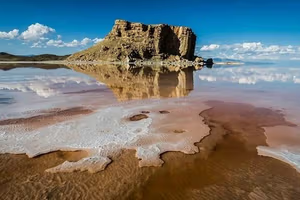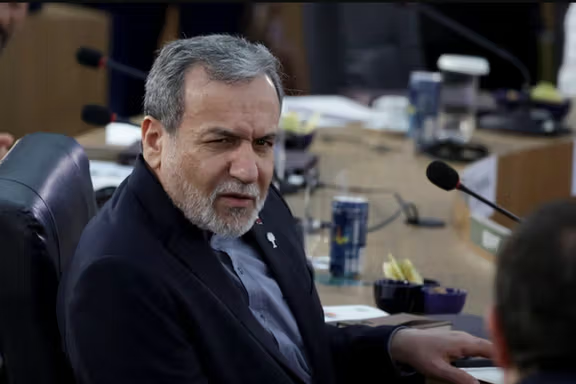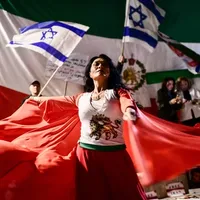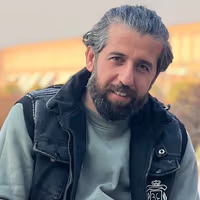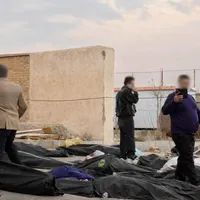“We were serious about the negotiations on sanctions relief. We had five rounds of negotiations and had fixed a date for the sixth round, but two days before that Israel launched a military attack and the US joined it,” Abbas Araghchi said.
“After this unjust war, naturally the negotiations will have a different shape compared to before the war. It is not the case that after the war, we would just return to the negotiating table and as you call it 'business as usual'."
"This is certainly not possible as the circumstances have changed. It is not possible to enter negotiations as before the war," he said in an address to a business and investment conference.
The June conflict began with a surprise Israeli strike on Iranian military and nuclear sites on June 13. Tehran said 1,062 people were killed, including 786 military personnel and 276 civilians.
Israel said it killed more than 30 senior Iranian security officials and 11 nuclear scientists. Iran retaliated with missile strikes that killed 31 civilians and one off-duty Israeli soldier.
In his Saturday remarks, Araghchi stressed that while talks have not been taken off the agenda, they will enter a new phase.
“We are not saying negotiations are off the table, but they definitely have a new format and dimensions, and new concerns and factors have entered them that we must understand and design for."
Talks with US and Europeans
Araghchi said Iran is exchanging messages with Americans through intermediaries.
"The day the Americans reach a point where they are ready for dialogue based on mutual interests and mutual respect, we will resume negotiations," he said.
The foreign minister said Tehran's talks with the Europeans are continuing and that he hopes the two sides would reach a mutual understanding.
“I think a better understanding of the situation is emerging," he said, referring to his meeting with EU Foreign Policy Chief Kaja Kallas in Doha and his phone calls with E3 foreign ministers.
Iran 'very close' to deal with IAEA
Araghchi said Iranian diplomats in Vienna continued their negotiations with the UN nuclear watchdog on Saturday to reach a new framework for cooperation.
"As far as I have been informed, they had very good talks," Iran's foreign minister said. "We are very close to reaching an agreement on a new framework of cooperation with the Agency in line with the parliament’s law."
His remarks come as Iran has three weeks to reengage in negotiations with the United States and the UN nuclear watchdog or face the reimposition of UN sanctions, after the Europeans triggered the so-called "snapback" mechanism.
On August 28, Britain, France and Germany triggered the mechanism, demanding that Tehran return to talks, grant IAEA inspectors wider access and account for its uranium stockpile.
Under Resolution 2231, sanctions will automatically return after 30 days unless the Security Council votes otherwise.

